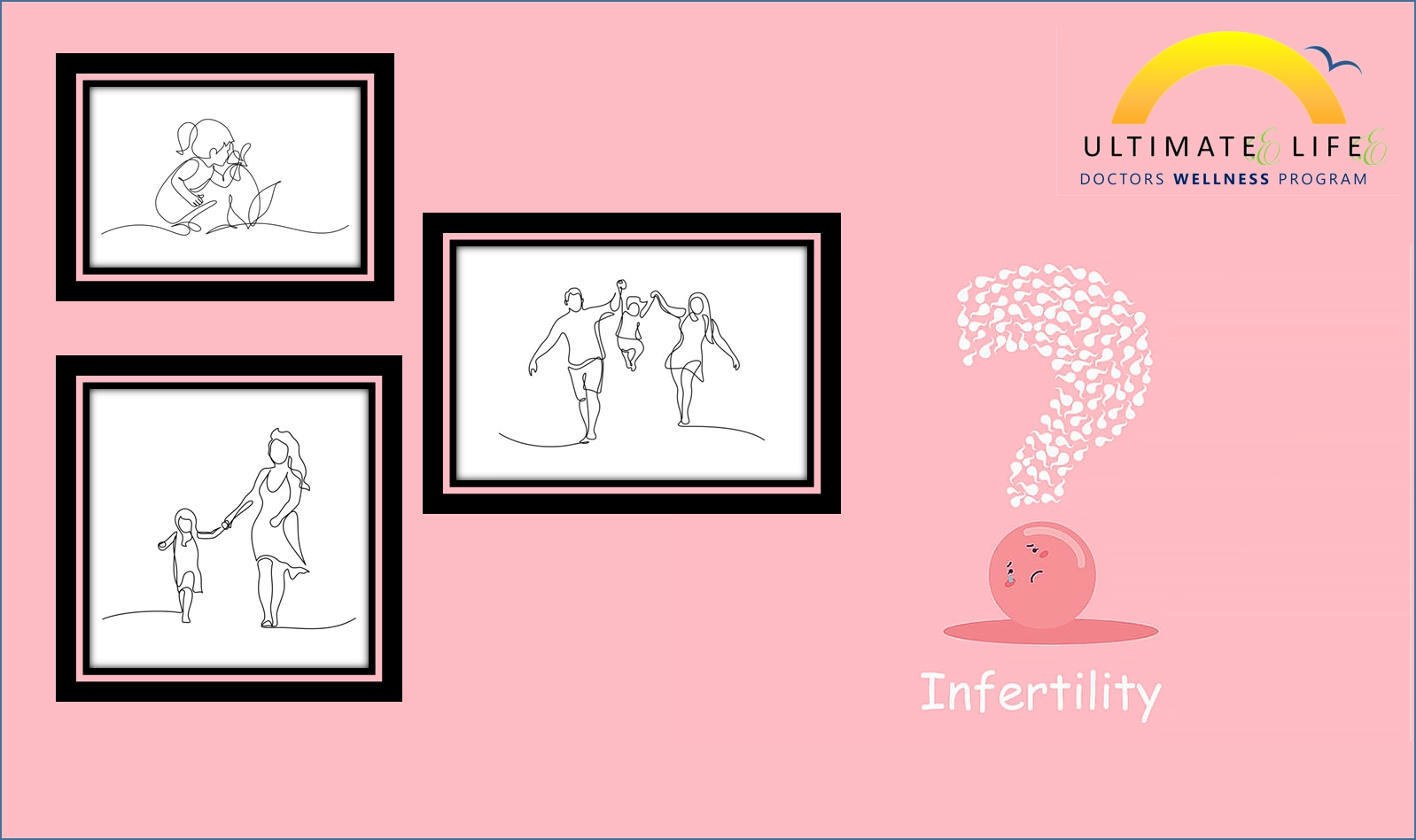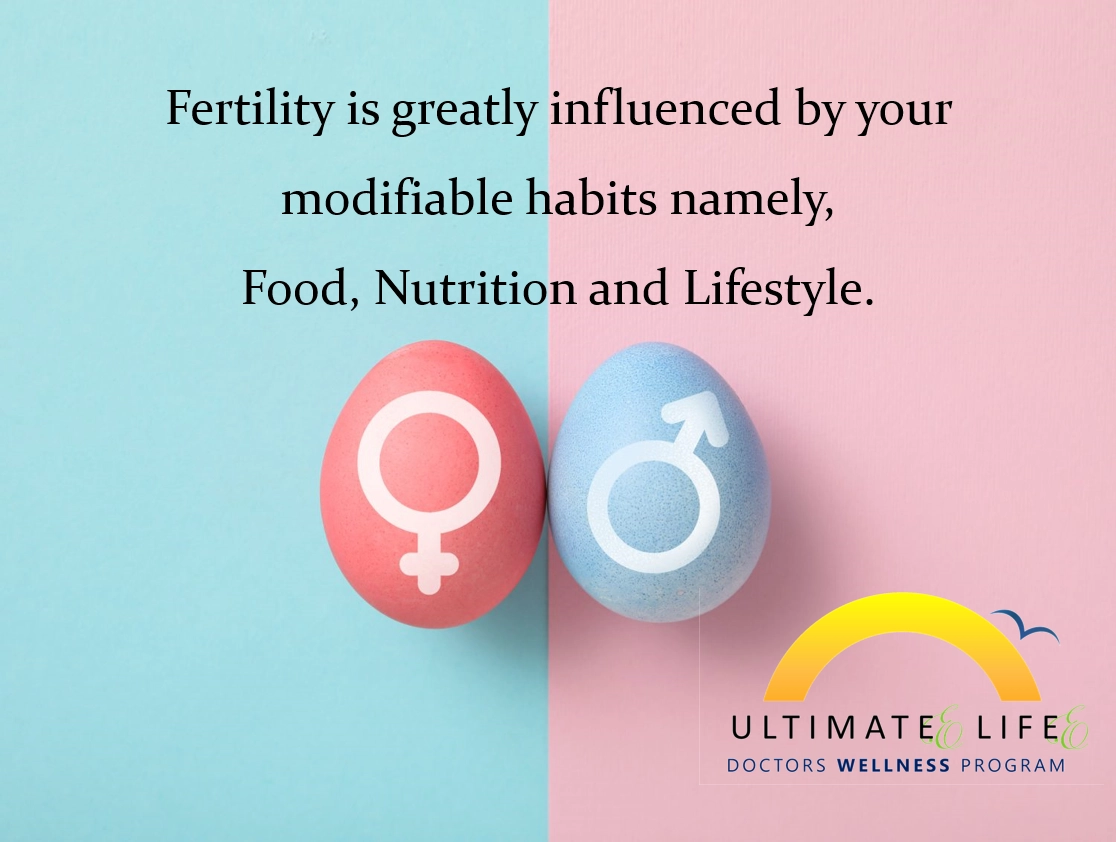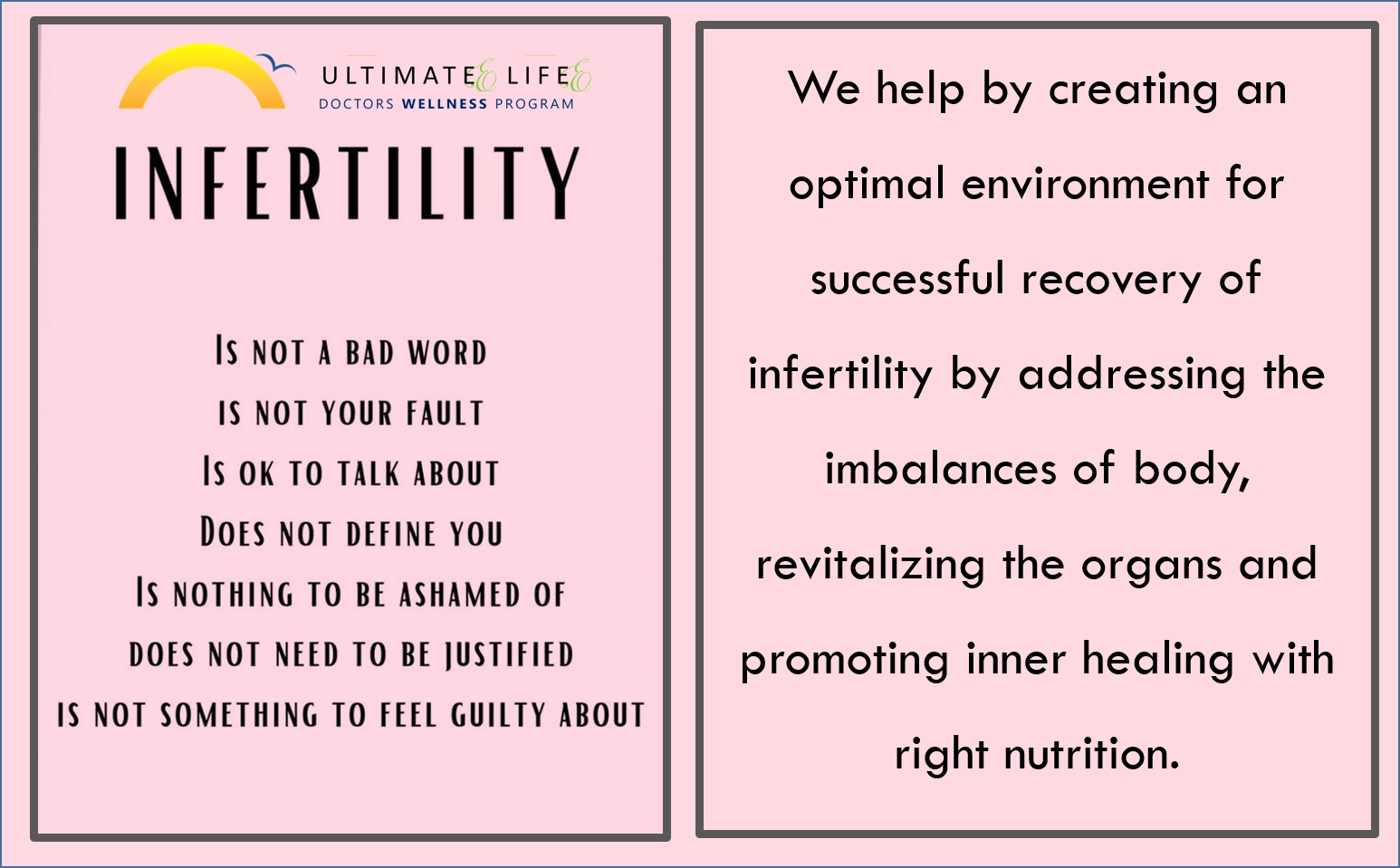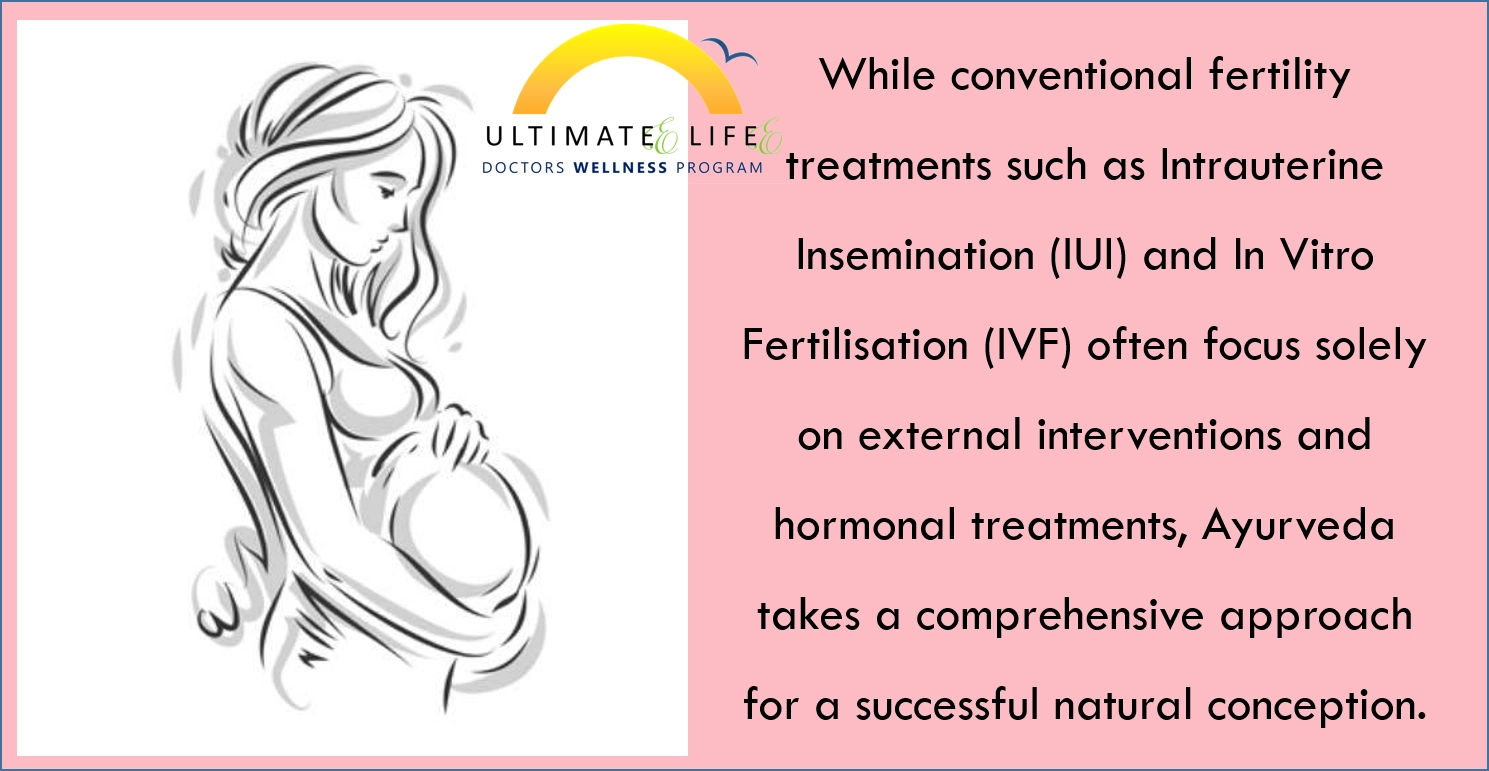Reproductive health & Infertility

Reproductive health & Infertility
In our society, to have a child means living a fulfilled life. Thus, couples who cannot do so feel barren and incomplete. Infertility is more than just a medical problem. Infertility can cause psychological distress, emotional stress and financial difficulties for both partners.
Couples may feel emotions like anger, guilt, sadness, depression, anxiety, and loss of self-confidence and self-esteem. Apart from this, the financial cost of infertility treatment also significantly contributes to the stress. The average cost for one cycle of IVF in India ranges from INR 1,00,000 to 3,50,000, with the additional cost of medications and tests.
Couples who fail in the first round of IVF may need to opt for a second round which not only creates a barrier for financially challenged couples but also takes a swing on a person's mental health. It can be substantially more difficult for women who have endured several miscarriages in the past.
Approximately 10 to 15% of couples are impacted by infertility. Fertility is greatly influenced by your Food & Nutrition and Lifestyle factors. Good news is that these modifiable habits can positively influence overall health and well-being, including fertility. Modifiable factors such as Diet & Nutrition, smoking, alcohol, substance abuse and excessive caffeine consumption can negatively influence fertility.
According to estimates shared with the Standing Committee on Health and Family Welfare (2017), around 2.8 crore couples in the reproductive age group in India are infertile, of which one percent (about 2.8 lakh) seek infertility treatment, which by estimate
Number of IVF cycles - India currently performs 2–2.5 lakh IVF cycles per year. This is expected to increase to 5–6 lakh cycles per year, with the market value of the IVF industry reaching $3,721 billion by 2030.
Infertility rates - About 15% of Indian couples face infertility issues, and nearly 1 in 6 couples experience sub-fertility. However, less than 1% of affected couples seek medical treatment.
Success rates - The success rate of IVF in India is only 30–35% for the first successful embryo transfer.
HORMONAL IMBALANCE - One of the primary causes of female infertility is hormonal imbalances. Hormones play a vital role in regulating the reproductive system, and any disruptions can impact fertility. Conditions such as Polycystic Ovary Syndrome (PCOS), High Prolactin and Thyroid disorders can lead to hormonal irregularities, affecting ovulation and the chances of conceiving.

EXERCISE - Though exercise is good for health, Heavy workouts (Increased frequency, intensity, and duration of exercise) are significantly related to decreased fertility. Excessive exercise negatively alters energy balance in the body and results in hypothalamic dysfunction. People who do frequent and vigorous exercise and those who play in competitive sports or are athletes often face a hard time to conceive.
SMOKING - It leads to significant decline in fertilising capacity. Total sperm count, density, motility, normal morphology, semen volume are reduced. Women who smoke have a decreased ovarian function and a reduced ovarian reserve. Disruption of hormones contributes to menstrual dysfunction and infertility in female smokers. The uterine tube and uterus are also targets of cigarette smoke. Chemicals in cigarette smoke may impair oocyte pick-up and the transport of fertilised embryos within the oviduct, leading to an increased incidence of ectopic pregnancies, longer times to conceive and infertility.
ALCOHOL - A female body has a different proportion of body fat and body water to the male body, which means the same amount of alcohol typically has a larger effect for women. While it is clear alcohol has an impact, however the amount is not clear as there is no standard “drink” or a “safe limit”. Amounts of alcohol ranging from one drink a week to 5 units a day can have various effects including increasing the time to get pregnant, decreasing probability of conception by over 50% and decreasing implantation rate, increasing both the risk of spontaneous abortion and of foetal death.
In men, alcohol consumption has been linked with many negative side effects such as testicular atrophy, decreased libido, and decreased sperm count. Alcohol has a large impact on both sperm morphology and sperm motility.
Also, alcohol consumption is one of the major modifiable risk factors for breast cancer. Alcohol is classified as a Group 1 human carcinogen by IARC. There is no safe level of alcohol consumption. The risk of breast cancer increases with each unit of alcohol consumed per day.

AYURVEDA & INFERTILITY
In Ayurveda, Infertility not only refers to the inability to conceive or become pregnant but also to the inability to carry pregnancy to term.
Various factors can contribute to challenges in achieving natural conception, such as low Anti-Mullerian Hormone (AMH) levels, elevated Prolactin levels, gynaecological disorders like Polycystic Ovarian Syndrome (PCOS), fibroids, endometriosis, pelvic inflammatory disorders, anovulation, low sperm count or motility, and fallopian tube blockages. Sedentary lifestyles, heightened stress levels, and erratic eating habits prevalent in modern times result in the accumulation of inflammatory toxins (ama), which adversely affect the reproductive systems of both women and men, contributing to the rising rates of infertility.
Ayurveda believes for natural conception six essential factors are needed to harmonise:
- Growth and Development of the ovum (egg) and sperm,
- Timely ovulation,
- An adequately thick endometrium,
- Endometrial receptivity,
- Favourable uterine climate, and
- Proper nourished uterus.

Recognizing the significance of these factors, Ayurveda offers effective solutions for each factor providing valuable support to couples striving for natural conception. At the heart of Ayurveda's approach in treating any condition, including infertility, lie two fundamental pillars: Shodhan (detoxification) and Poshan (revitalising the organs). By facilitating detoxification and revitalising the organs, Ayurveda creates an optimal environment for a successful recovery of infertility.
While conventional fertility treatments such as Intrauterine Insemination (IUI) and In Vitro Fertilisation (IVF) often focus solely on external interventions and hormonal treatments, Ayurveda takes a comprehensive approach. It emphasises three crucial elements: Aushadh (Herbal Intervention), Aahar (Optimal Nutrition), and Vihar (Lifestyle Factors). By integrating these aspects, Ayurveda promotes inner healing and significantly enhances the chances of successful conception.
By acknowledging the essential factors for conception and harnessing the power of effective herbs, Ayurveda paves the way for natural conception, fulfilling the dreams of countless individuals. Its ancient wisdom has transformed the lives of thousands of couples, providing hope and restoring fertility through natural means.
What do we do?
We believe that each individual is unique, and our treatments are tailored to suit your specific needs. We take a comprehensive approach, combining traditional Ayurvedic principles with modern diagnostics to identify the underlying causes of your infertility. We conduct a thorough assessment of your health, including an evaluation of your reproductive system, hormonal balance, and overall well-being.
Based on the findings, we design a customised treatment plan for you, incorporating Ayurvedic Therapies, Herbs and Dietary recommendations, Lifestyle Modifications. These treatments work synergistically to restore hormonal balance, improve ovarian function, enhance uterine health, and regulate the menstrual cycle.